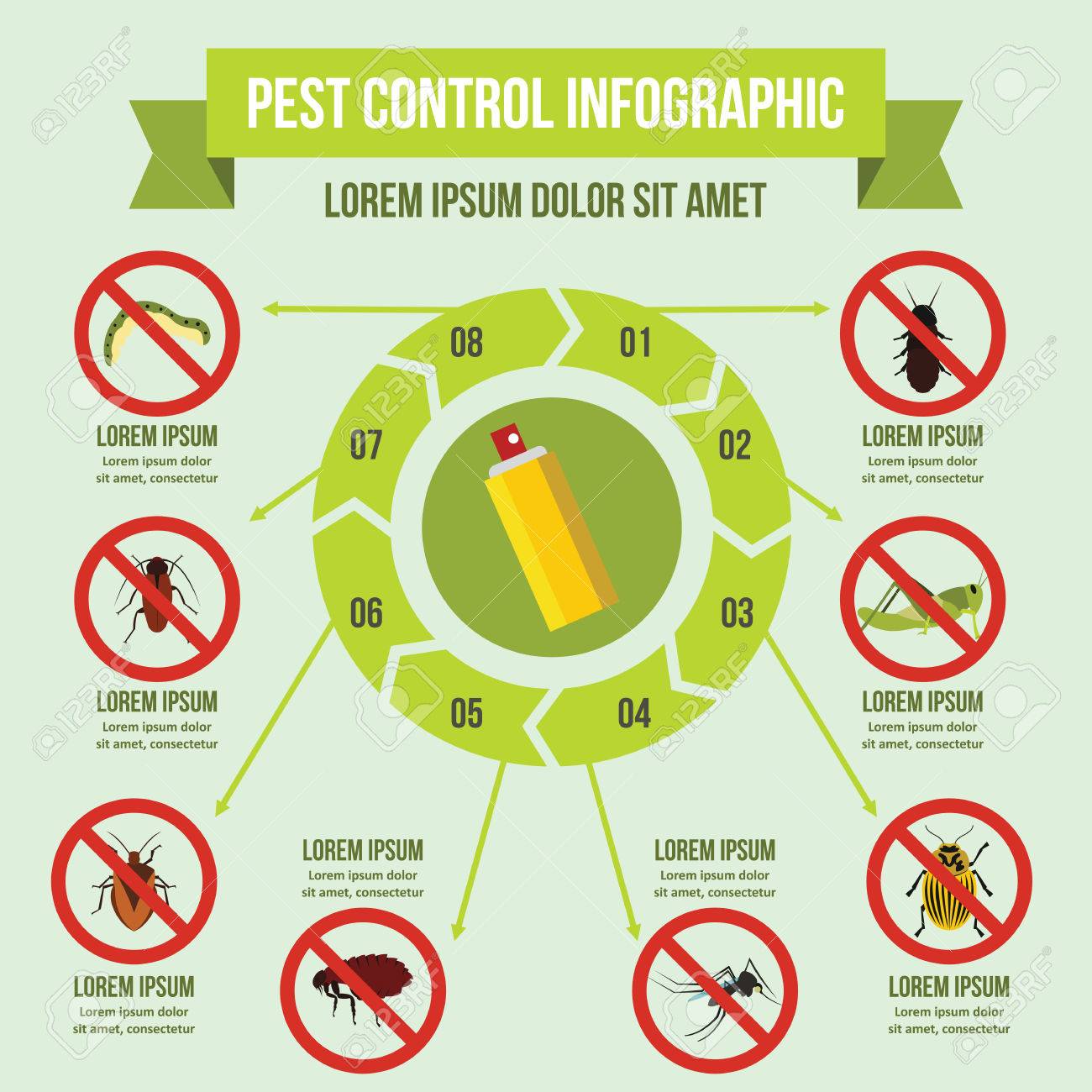Tips For Maintaining Outside Insects Away From Your Garden
Tips For Maintaining Outside Insects Away From Your Garden
Blog Article
Write-Up By-Walters Espersen
Envision your garden as a haven, a place of serenity and charm. Nevertheless, the existence of outdoor bugs can quickly disrupt this ideal image. What happens if there were have a peek at this site yet efficient methods to keep these unwelcome site visitors at bay and protect your yard oasis? By complying with a few functional ideas and applying natural strategies, you can develop an unified outside room where your plants can grow undisturbed.
Natural Parasite Deterrents
To maintain insects away from your garden normally, plant aromatic natural herbs like mint and lavender. These aromatic plants not just add charm to your garden however also work as effective parasite deterrents. Insects like insects, flies, and also some garden-damaging insects are warded off by the strong scents sent out by these natural herbs. Merely positioning them tactically around your garden can help create a natural obstacle versus unwanted parasites.
Along with mint and lavender, think about growing other herbs like rosemary, basil, and lemongrass to better enhance your garden's pest-proofing capabilities. These natural herbs not just act as natural repellents however likewise have the included benefit of serving in cooking or crafting home made treatments.
Strategic Plant Placement
Consider the layout of your garden and the types of plants you have to purposefully place them for optimum pest-proofing performance.
Start by grouping termite inspection service with similar resistance to insects with each other. By doing this, you can develop an all-natural obstacle that prevents insects from spreading throughout your garden.
Furthermore, placing pest-repelling plants like marigolds, lavender, or mint near even more susceptible plants can aid safeguard them. High plants, such as sunflowers or corn, can work as a shield for much shorter plants against pests like rabbits or ground-dwelling insects.
Keep in mind to leave enough space in between plants to enhance air blood circulation and reduce the danger of diseases that pests might bring.
In addition, consider planting strong-smelling herbs like rosemary or basil near at risk plants to puzzle pests' detects and make it harder for them to locate their targets.
Reliable Pest Control Approaches
For combating garden bugs efficiently, executing a multi-faceted parasite control technique is essential. Begin by motivating pest control companies in my area like birds, ladybugs, and praying mantises to aid keep pest populations in check. Presenting plants that draw in these valuable pests can assist in parasite control. Additionally, practicing excellent garden health by eliminating particles and weeds where insects might conceal can make your garden much less friendly to unwanted visitors.
Think about making use of physical barriers such as row cover fabrics or netting to secure prone plants from pests like caterpillars and birds. Applying natural chemicals like neem oil or insecticidal soap can also work against particular pests while being less harmful to valuable insects and the environment. It's vital to revolve your plants each season to avoid the build-up of pest populaces that target particular plants.
On a regular basis inspect your plants for indicators of pest damages so you can do something about it promptly. By integrating these approaches and staying cautious, you can effectively regulate yard pests and enjoy a flourishing, pest-free garden.
Final thought
So, there you have it - with the appropriate methods, you can keep pesky outdoor parasites away from your garden and help your plants flourish.
Did https://howtosafelyremoveratdropp84061.bleepblogs.com/27573211/selecting-the-ideal-termite-management-remedy-for-your-home recognize that growing mint has been shown to repel mosquitoes and other bugs, reducing the requirement for harmful pesticides by up to 60%?
By incorporating natural deterrents and wise planting techniques, you can create a beautiful and pest-resistant garden sanctuary for you to enjoy.
